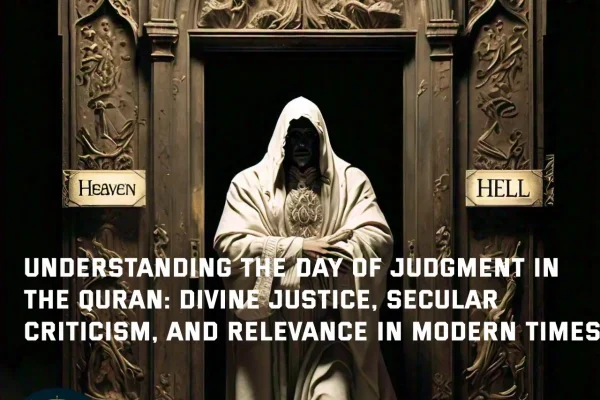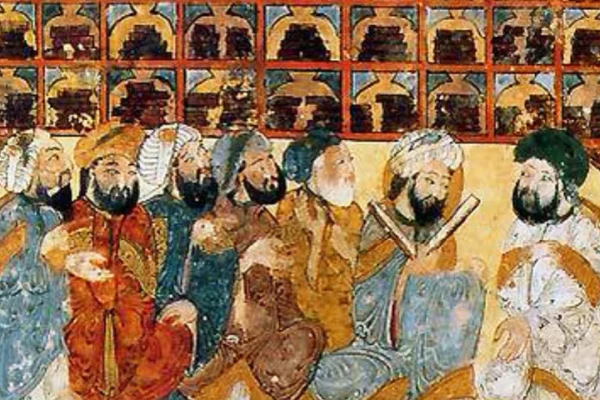
How the Quran Responds to Atheist Questions: A Reflection on Faith, Free Will, and Divine Wisdom
Explore how the Quran addresses common questions posed by atheists, covering topics like the existence of God, free will, the purpose of prophets, the reasons for diversity in religions, and the significance of belief in the unseen. With verses that encourage both reflection and open inquiry, the Quran provides a compelling approach to understanding life’s deepest questions through divine wisdom.















